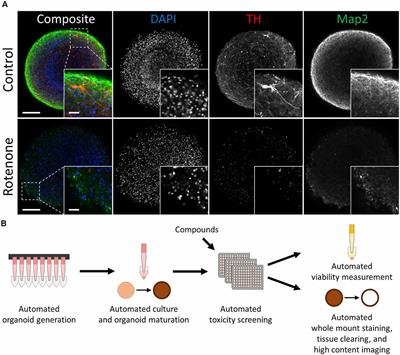EDITORIAL
Published on 09 Aug 2022
Editorial: Improving in vitro modeling of human brain with future brain organoids
doi 10.3389/fnmol.2022.997119
- 2,675 views
15k
Total downloads
61k
Total views and downloads
Select the journal/section where you want your idea to be submitted:
EDITORIAL
Published on 09 Aug 2022
MINI REVIEW
Published on 27 Jun 2022
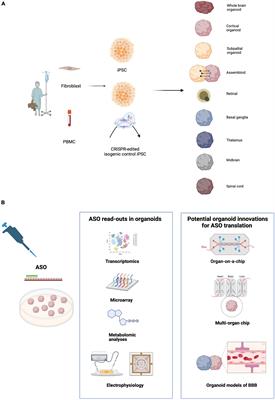
REVIEW
Published on 29 Apr 2022

MINI REVIEW
Published on 16 Feb 2022
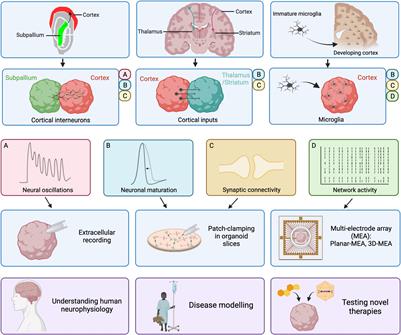
REVIEW
Published on 09 Feb 2022
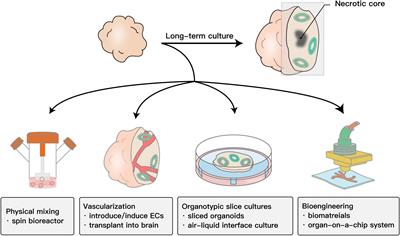
REVIEW
Published on 10 Jan 2022
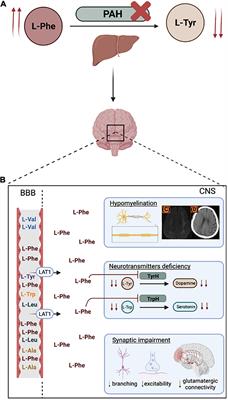
MINI REVIEW
Published on 04 Jan 2022

ORIGINAL RESEARCH
Published on 15 Jul 2021
